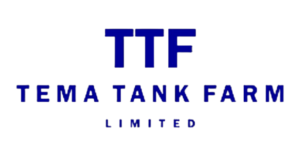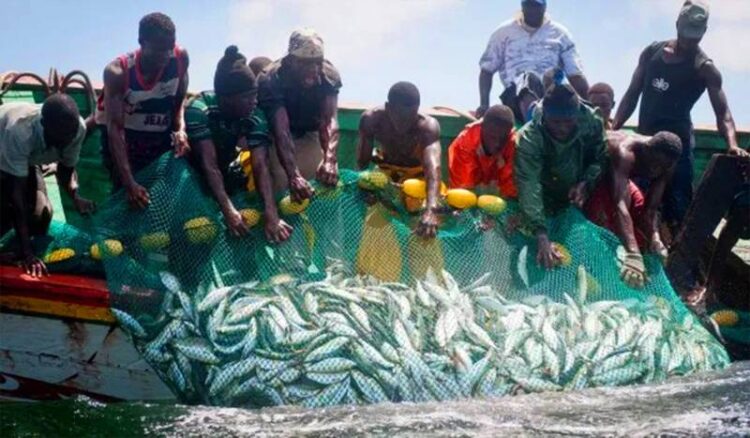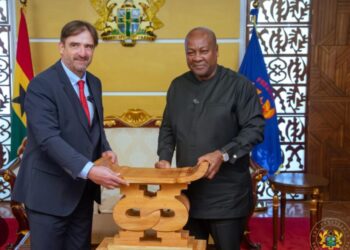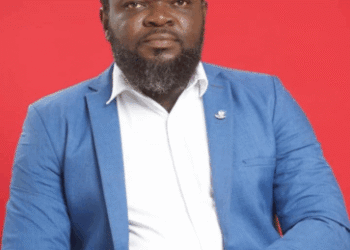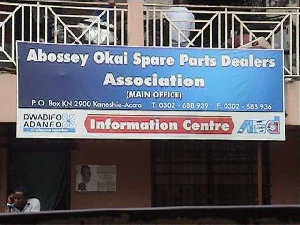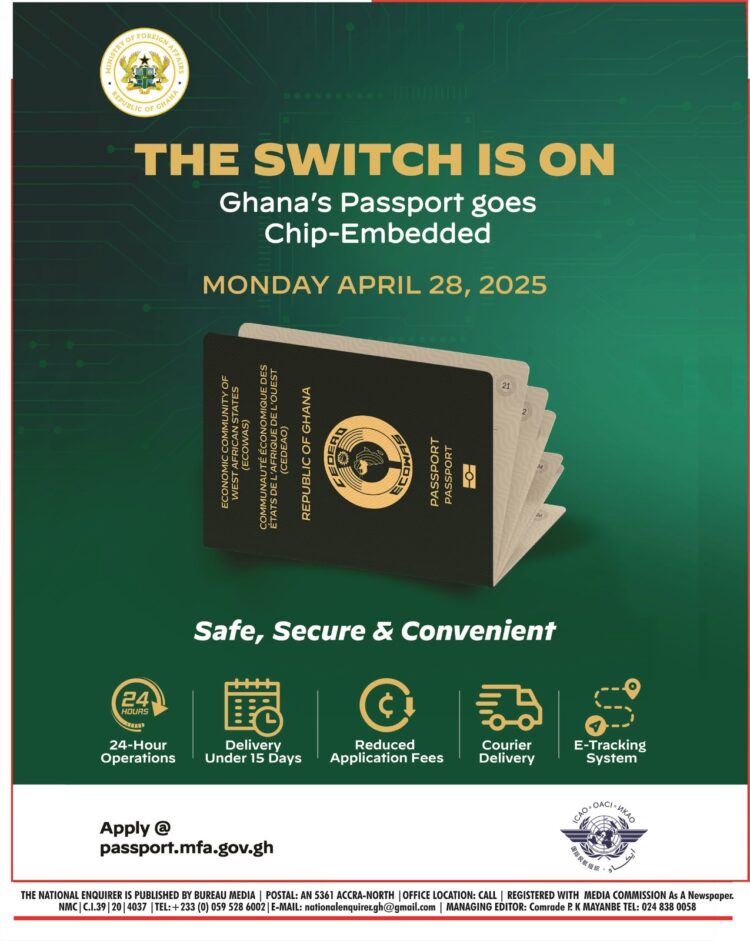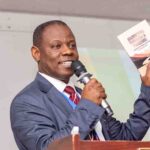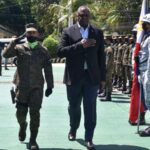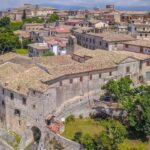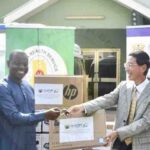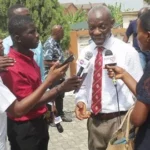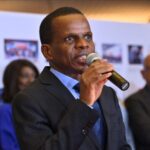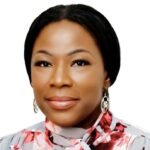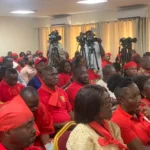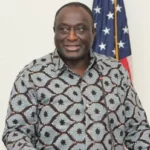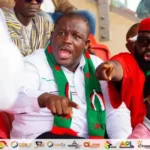By
Hayford Agbekpornu
(Fisheries Commission)
Introduction: The Lifeline of a Nation
Ghana’s fisheries sector is more than an industry. It is a cornerstone of the nation’s socio-economic fabric, culture, and food security. It sustains the livelihoods of over 3 million people and provides a vital source of affordable animal protein. Yet, this lifeline is under threat. Overfishing, habitat degradation, and climate change are driving fish stocks down and undermining the well-being of coastal communities.
As Ghana seeks sustainable solutions, it is becoming increasingly clear that modern scientific approaches alone are not enough. Someone may ask, does Indigenous Knowledge matter in fisheries management? The deep, generational wisdom of local fishing communities often referred to as Indigenous Knowledge (IK) or Traditional Ecological Knowledge (TEK) offers a complementary, time-tested framework for managing fisheries resources. This article explores how bridging traditional wisdom with modern science can create a more resilient, effective, and inclusive management system.
The Bedrock of Community Management: Indigenous Knowledge in Ghanaian Fisheries
Long before formal state-led management, Ghanaian fishing communities governed their marine and inland resources through traditional norms and ecological understanding. These practices, handed down through generations, remain powerful tools for sustainable use.
• Community-Based Governance and Sacred Days
Local institutions: Chiefs, elders, and local authorities historically enforced rules on who could fish, where, and when. One well-known example is the observance of sacred or taboo fishing days (e.g. Tuesday). These non-fishing days, rooted in cultural and spiritual beliefs, also function as conservation measures, allowing fish stocks brief but regular recovery periods.
• Ecological Calendars and Spawning Sanctuaries
Fishers have long identified spawning seasons and aggregation sites by reading environmental signals: lunar cycles, sea currents, water clarity, and even seabird behaviour. This knowledge enables them to predict fish availability and avoid disrupting critical reproductive periods.
• Traditional Gear and Post-Harvest Expertise
From dugout canoes adapted to local waters to specialized smoking, drying, and salting techniques, Ghana’s fisheries have been shaped by indigenous innovation. Women, in particular, have historically led post-harvest processing, ensuring fish availability year-round, financing fishing expeditions, and driving technological adoption such as outboard motors.
Weaving Together Two Worlds: How IK Complements Modern Science
Integrating Indigenous Knowledge with modern fisheries science is not about replacing one with the other, NO. It’s about building a holistic management system that is both scientifically sound and socially legitimate. Ghana’s national strategies now explicitly aim to “blend scientific knowledge with traditional practices” for culturally appropriate management in the Fisheries sector, hence, a government representative on Indigenous Knowledge serves on the Fisheries Commission Board.
• Enhancing Data and Validating Models
Scientific stock assessments are costly and often incomplete. IK complements that with long-term, qualitative insights such as shifts in species composition, spawning times, and catch sizes offering historical baselines that modern surveys cannot replicate. These insights help validate scientific models, as seen in the 2023 closed-season assessment, where traditional observations aligned with scientific findings on spawning potential.
• Improving Climate Resilience
As climate change disrupts marine and inland ecosystems, TEK provides on-the-ground, real-time insights into changing weather patterns and fish behaviour. Incorporating this knowledge into adaptation planning, strengthens the resilience of Ghana’s fishing communities.
• Co-Management in Action
The most practical way to merge IK and science is through co-management, where government and communities share responsibility. Ghana’s Marine Fisheries Management Plan (2022–2026) provides the framework, with institutions such as the Scientific and Technical Committee (STC), Fisheries Management Operational Committee (FMOC), Small Pelagic Co-management Committees (SPCCs), and Landing Beach Enforcement Committees (LaBECs). These platforms allow fishers, scientists, and policymakers to shape decisions together, fostering legitimacy, voluntary compliance, and effective community-led enforcement.
Bringing the Conversation to the Global Stage
This discussion is not limited to Ghana. At the 3rd United Nations Ocean Conference, a planned side event of the Ministry of Fisheries and Aquaculture was held under the theme “ Bridging the Conservation Gap: Integrating Indigenous Practices for Equitable Fisheries in Ghana”. The event brought together a diverse panel of experts. The Side Event among others:
• Emphasized the urgent need to systematically document traditional and indigenous fishing knowledge for preservation and integration
• Called for incorporation of indigenous fishing practices and local knowledge into contemporary fisheries management frameworks, and
• Advocated for the formal integration of indigenous fishing practices into national educational curriculum to ensure knowledge transfer across generations
Navigating the Tides of Change: Challenges and Opportunities
Challenges
• Erosion of Knowledge: As younger generations move away from fishing, invaluable ecological memory risks being lost.
• Lack of Formal Recognition: IK is often dismissed as anecdotal, making integration into technical policy frameworks difficult and also among academia.
• Resource Constraints: Co-management committees, often volunteer-based, lack consistent funding and operational capacity.
• Power Imbalances: Women and migrant fishers remain underrepresented, limiting the diversity of knowledge in decision-making.
Opportunities
• Supportive Policy Environment: The Marine Fisheries Management Plan (2022–2026) and the Fisheries Act 2025 Act 1146 and the Fisheries and Aquaculture Policy 2022 strengthen co-management and stakeholder participation.
• Strong Community Structures: Traditional authorities and fisher associations provide a solid foundation for partnership.
• Enhanced Monitoring and Enforcement: Empowering LaBECs improves local enforcement, helping combat Illegal, Unreported, and Unregulated (IUU) fishing.
Conclusion: Charting a Sustainable Course
The future of Ghana’s fisheries depends on our ability to respect and harness the strengths of both modern science and indigenous wisdom. Treating local communities as partners not merely stakeholders can deliver a management system that is ecologically sound, socially just, and culturally resonant. In bridging these two worlds, Ghana has the opportunity to safeguard its fisheries, protect livelihoods, and honor the heritage of its coastal communities for generations to come. Let’s continue with the discussions.
